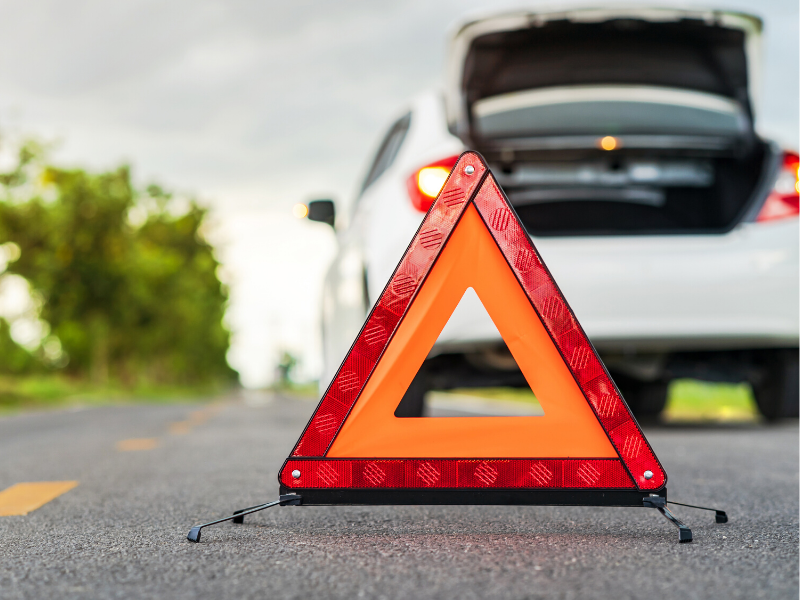Documents: First and foremost, it’s important to prepare for your trip abroad by making sure you have the right documents that you’re required to take with you. To find more about what documents you need to drive in Europe, visit: Driving in Europe – Update July 2021
For peace of mind, you may also want to have a look at your vehicle’s insurance policy and increase the level of insurance cover if necessary. Driving on unfamiliar roads can be challenging so having the appropriate insurance can save you from unforeseen costs if you get involved in a road traffic accident.
If you are leasing your vehicle, you need to contact your provider and obtain the relevant permissions and correct documents to take the vehicle abroad.
Rules & regulations: Check the driving laws as they can vary widely e.g. some countries in Europe requires you to have your headlights on at all times, or carry a first-aid kit.
Hundreds of European cities have vehicle entry regulations too. Entry can depend on vehicle emission, payment, vehicle types and many others. To avoid costly fines and delays when travelling abroad with your vehicle, read our guide for further information regarding the official badges required to drive in specific cities across Europe
Drinking and driving is never a good idea, but it becomes especially bad when you go abroad where some countries have zero tolerance. Read our guide for more information on the legal blood alcohol limit for driving in countries across Europe and the potential consequences if caught with levels exceeding the limit.
Planning: Last but not least, plan ahead your journey as this will make your life easier -it will allow you to reach your destination by choosing the best route possible and avoid unforeseen road closure. Some countries require you to pay a toll in order to use the road, so it’s ideal to research your route beforehand.
Keep in mind the weather conditions, and plan ahead your stops if you are going on a long journey. Take regular breaks and get enough sleep before getting behind the wheel to prevent drowsy driving.
